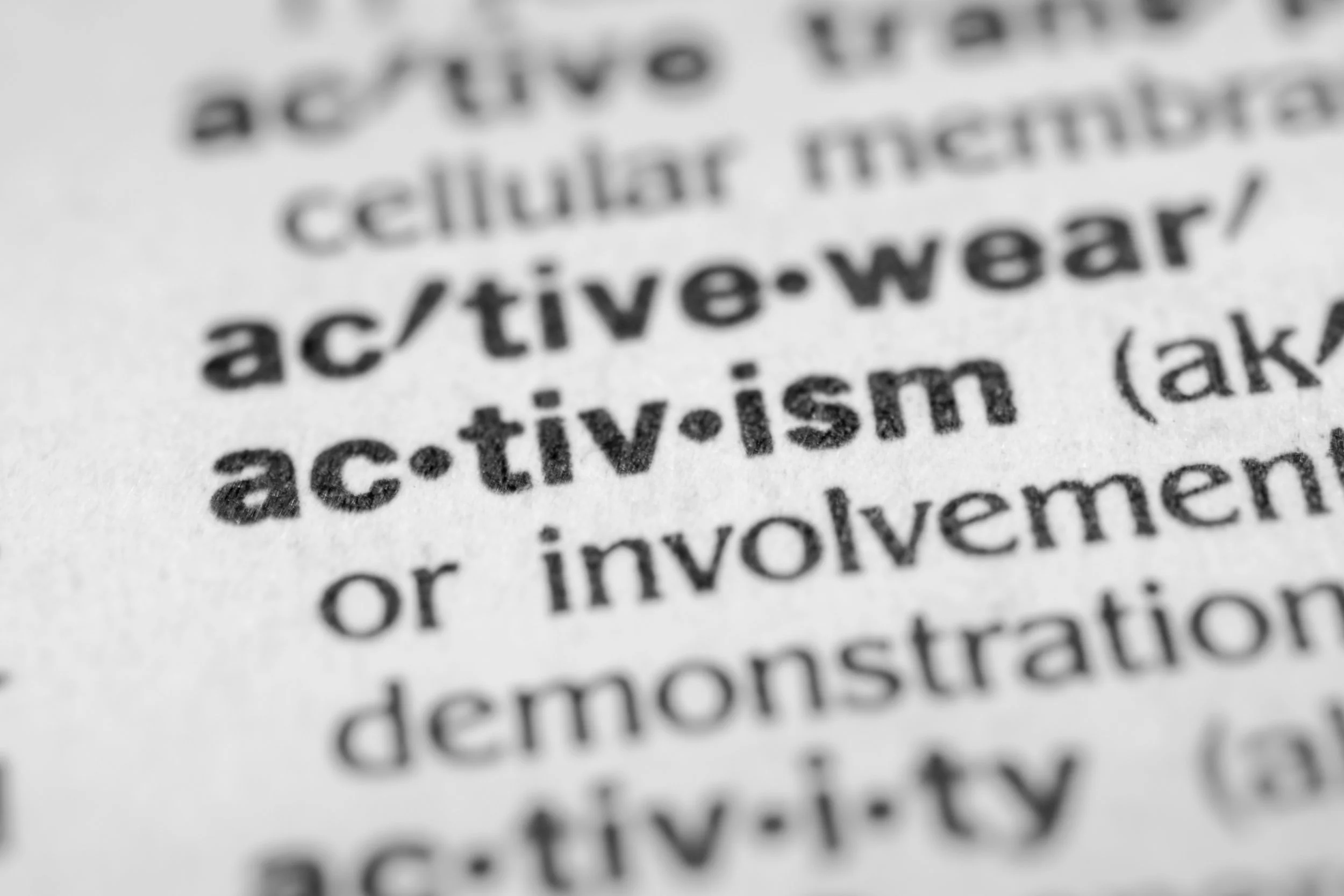I’m not an activist. Or I wasn’t. Too much of a commitment. Takes too much time. Too public. Too much baggage attached to that word. I just wasn’t interested.
But the same change in perspective that helped me start sharing my experiences on this blog also caused me to start rethinking other positions I held. I was hesitant when the first activism opportunity came to me. I was already spending several hours a week on the blog in addition to my full time job and taking care of my conditions. But they – the Chronic Disease Coalition – were only asking an hour phone call a month, and I strongly agreed with their mission of supporting or opposing state legislation that affected patients. So, I dipped my toes in the water and became one of several patient Ambassadors who discuss their work and support each other’s efforts where we can.
An hour a month made me an activist.
Then, about a year ago, I went to a conference hosted by the Lown Institute, whose mission I closely identified with. They want to remake our healthcare system into something more oriented to serving patients instead of industry. It was also in the process of launching a grassroots organization to support its mission.
The Right Care Alliance is only about three years old, and will eventually leave its parent organization behind to stand alone, but right now it needs all the help it can get organizing and setting its strategy and doing all the things a new nonprofit needs to be successful. I attended a small protest decrying the high cost of insulin (which I didn’t know had risen so high), and signed up to see what it was all about.
Long story short, I ended up assuming the presidency of the DC chapter of the Right Care Alliance. We are volunteers. It’s a lot of work and we are short many of the skills necessary to cover everything we need, but I believe the mission of the org is worth the time investment.
That doesn’t mean you have to become the president of an organization to have an impact. I was reading an article in the Washington Post earlier this week on a police reform bill that had passed, and the mother of a black man killed in police custody was talking about the grassroots effort it took to get the bill passed. She said, “You become an activist because of the morality of the issue — the right and wrong of it.”
If there is an issue, like access to medical care or opioid addiction or high drug prices that you feel so strongly about that it has become a moral issue for you, something as simple as sending an article to a friend raises awareness. You could tweet about it or post helpful resources on Facebook. You could write a letter. You could attend a meeting or pass out flyers. Even a little can help.
Eli Lilly just announced a half price first time ever generic insulin, offered because of public pressure. I guarantee it wasn’t just a few hundred or even a few thousand demonstrators who did that. It takes more than that for industry giants to volunteer to make less money.
So, don’t be afraid to act because the weight of the word. Start by dipping a toe in the water, like I did. Then decide whether you have the time or inclination to go for a swim. Every little bit helps.

